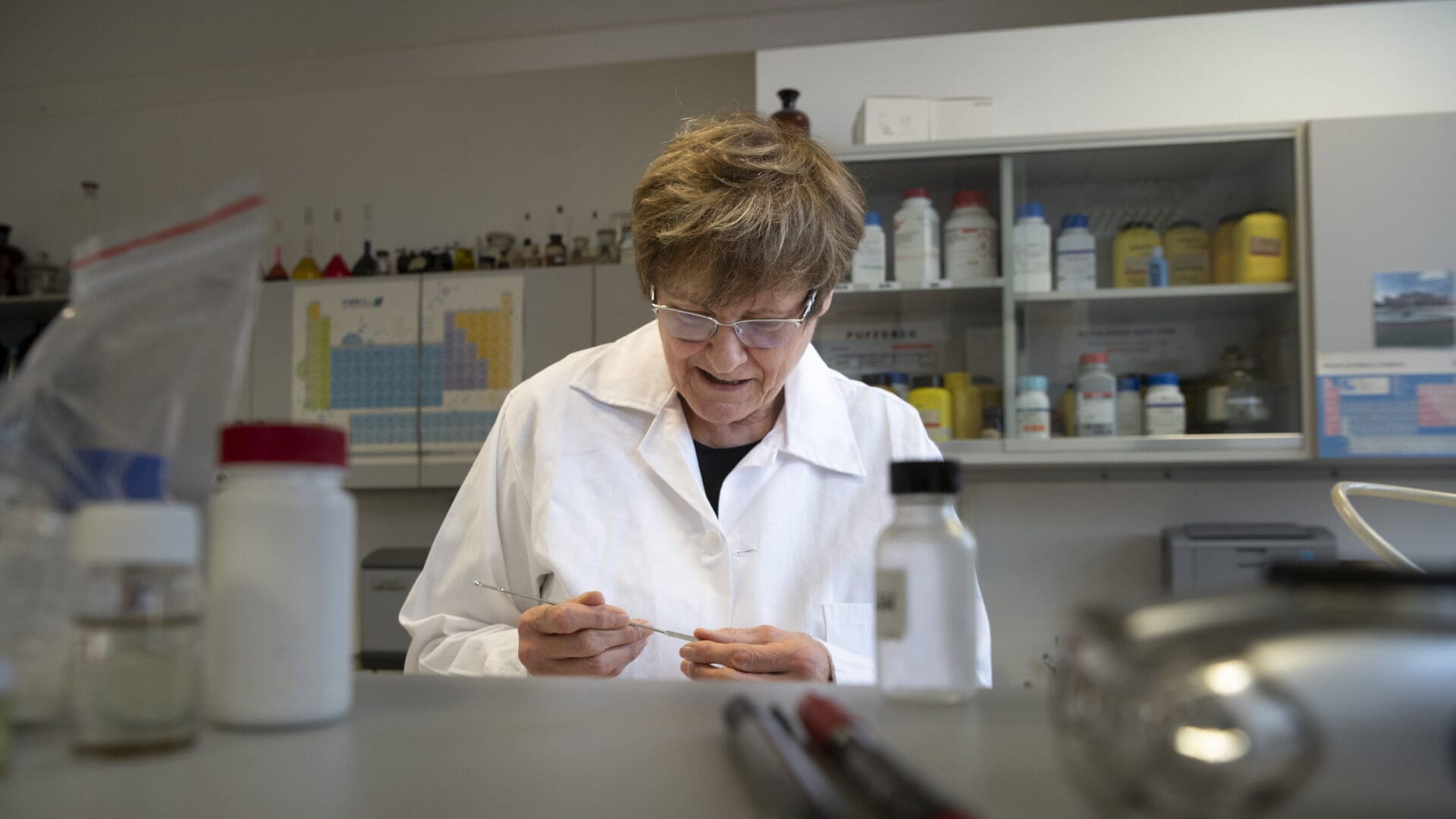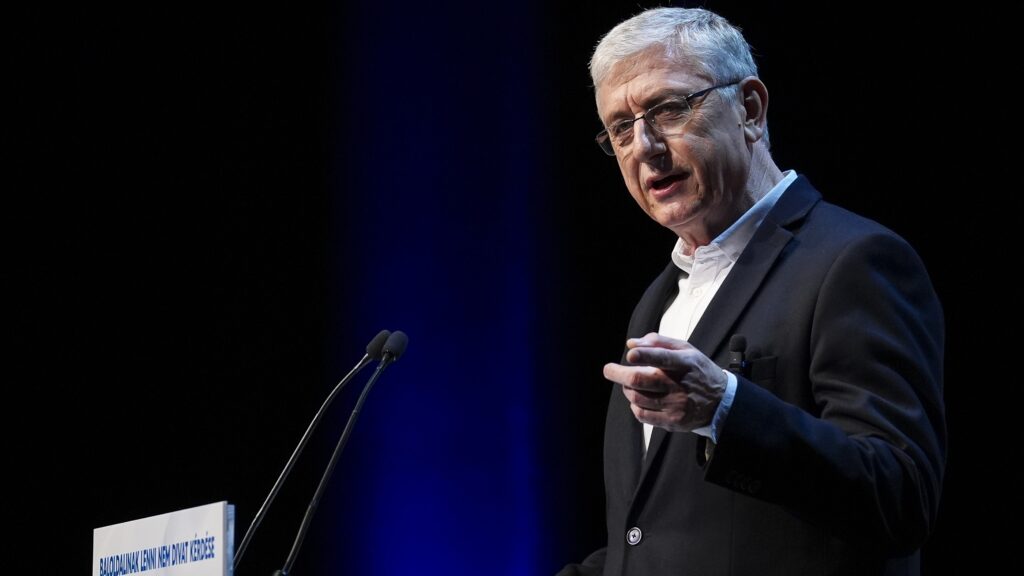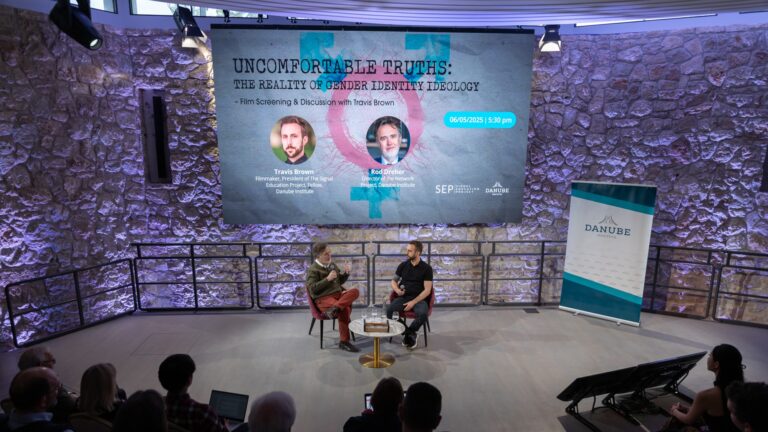Hungarian American biochemist Katalin Karikó, best known for receiving the Nobel Prize in Physiology or Medicine in 2023 for her contributions to developing the COVID-19 vaccination, turns 70 today.
She was born on 17 January 1955 in Szolnok, Hungary, and grew up in the nearby small town of Kisújszállás. In eighth grade she won a county-wide academic contest in nature studies. After secondary school, she attended the University of Szeged where she majored in—what else—biology. She also completed her PhD in 1983, working at the Biological Research Centre in Szeged.
Karikó emigrated to the United States in 1985 with her husband Béla Francia and daughter Zsuzsanna. She managed to land a job at Temple University in Philadelphia, Pennsylvania as a researcher studying modified nucleosides. After a brief stint in Washington, DC, she returned to Pennsylvania in 1989, and continued her research at the University of Pennsylvania until 2013.
She started experimenting with mRNA-based therapy in 2005, amidst major skepticism and even some dismissal from her academic peers. In 2006 she filed her patent for ‘RNA containing modified nucleosides and methods of use thereof’, which was only granted by the United States Patent and Trademark Office six years later, in 2012. It was this discovery that ultimately led to her receiving her Nobel Prize in 2023.
Her mRNA research was the basis for the development of the Pfizer/Biontech COVID-19 vaccine in 2020, the first vaccine proven to be effective against the virus causing the devastating global pandemic.
Karikó was also named on Time magazine’s 100 Most Influential People list in 2021. She was selected as an honorary member of the Hungarian Academy of Sciences and was granted the Széchény Prize by the Hungarian government for outstanding academic work the same year as well.
She is currently teaching at the University of Szeged in her home country of Hungary.
Related articles:








